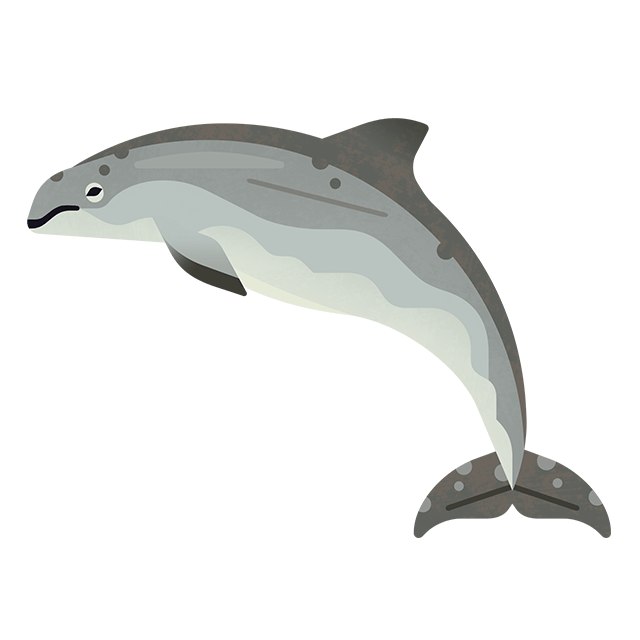
Marine unProtected Areas: what happens next?
1 minute read
A couple of weeks ago we released our new report, Marine unProtected Areas. We spent a year looking at what’s happening in our waters and found that almost all of England’s Marine Protected Areas – which were created specifically to safeguard offshore seabed habitats – are being bottom trawled.
Dragging heavy nets along the ocean floor in Marine Protected Areas is equivalent to ploughing through a national park on land, but it’s only banned in a tiny percentage of our protected seas.
It’s important that carbon currently stored in the UK’s offshore seabed remains there. The Dogger Bank Marine Protected Area, off the east coast of Yorkshire, has the capacity to store the most carbon of all UK Marine Protected Areas – equivalent to 31,000 return trips from London to Sydney!
Now the report has been released, we want to see action to recover the seabed.

Credit: Divedog via Shutterstock
What do we want Westminster to do?
- Take action now to end bottom trawling in offshore English Marine Protected Areas intended to protect the seabed
- Roll out Remote Electronic Monitoring with cameras on all larger vessels over 10 metres (alongside high risk smaller vessels) fishing in English waters
- Lead on implementing ocean-based climate solutions as President of the UN Climate Conference, COP26, and develop a ‘Blue Carbon Strategy’ for the UK


